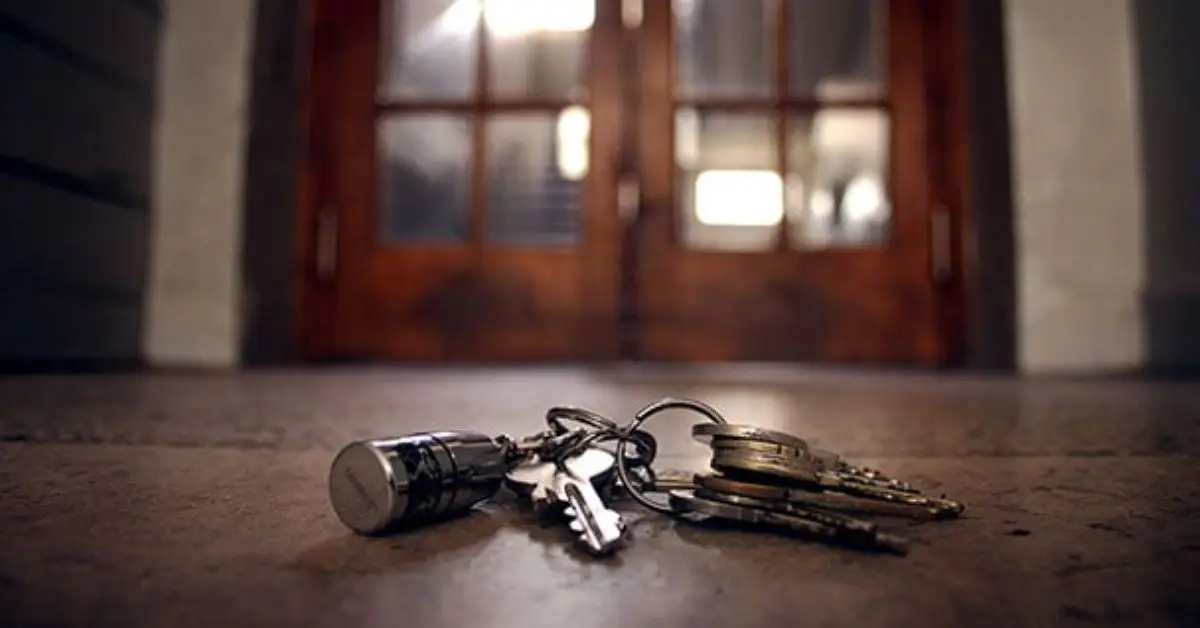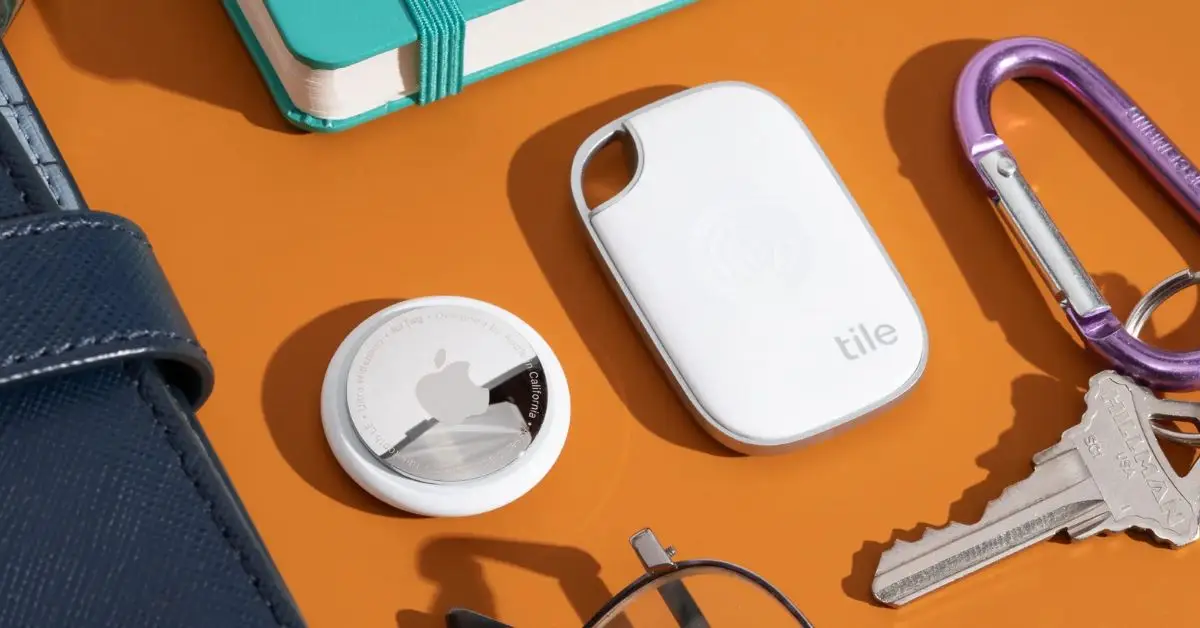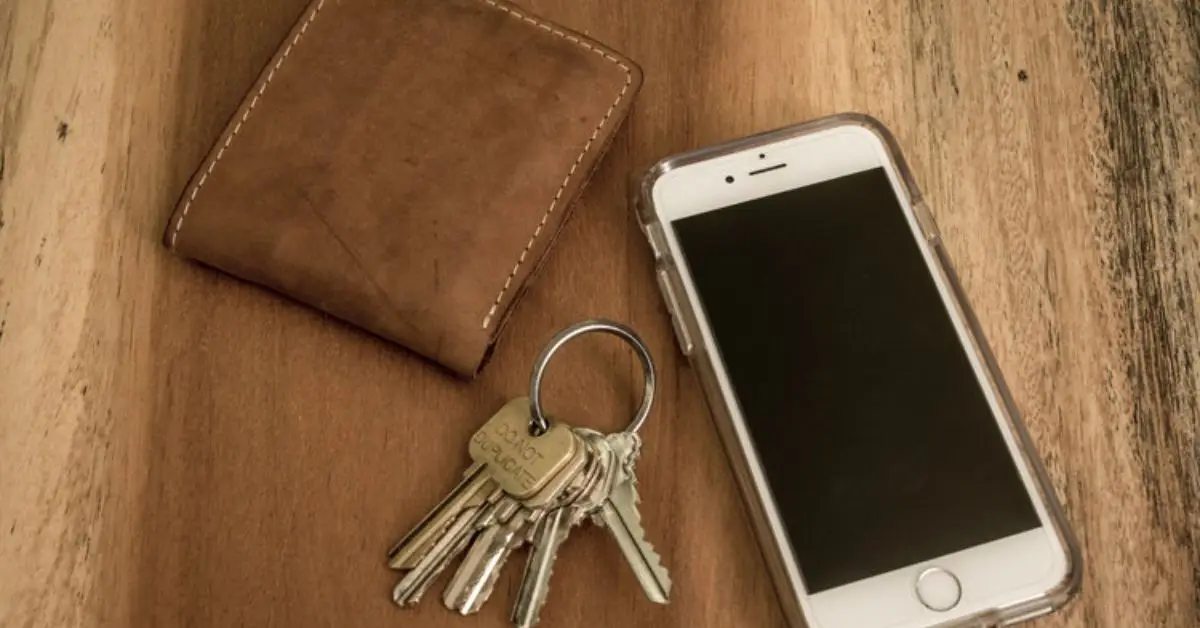7 Clever Ways to Always Know Where Your Keys Are
I’ll be honest with you—I used to lose my keys more times than I care to admit. Some mornings I’d find myself tearing apart the couch cushions, other days I’d be late because my keys were hiding in yesterday’s jacket. Sound familiar? You’re not alone. Surveys show people spend days every year looking for misplaced items, and keys are always at the top of the list.
The truth is, it’s not just about being forgetful. We’re often juggling too much—rushing out the door, answering a call, carrying bags—and the keys get dropped in random spots. I’ve even read stories on Reddit where people found theirs in the fridge or inside the dog’s toy basket. It’s frustrating, and it makes you feel a little out of control in your own home.
That’s why I pulled together these hacks. They’re not gimmicks. They’re small, proven changes that shift how you handle your keys—so instead of wasting time searching, you’ll know exactly where they are, every single day.
Tell me—what’s the strangest place you’ve ever found your keys?
Why We Keep Losing Keys?
I’ve noticed that losing keys usually isn’t about poor memory—it’s about what’s happening in the moment. When you’re stressed, rushing out the door, or surrounded by clutter, your brain skips over small actions like “where I just placed my keys.” That’s classic absent-mindedness.
Think about the times you’ve tossed your keys on the counter while your mind was already on tomorrow’s meeting. Or shoved them into a random bag because you were answering a call at the same time. In those moments, your brain is multitasking, and keys are just collateral damage.
And it’s not just you. A report in The Guardian highlighted how often misplaced keys end up costing people both time and money, since replacing them or upgrading locks is an added burden. It’s a reminder that losing keys isn’t just annoying—it can also hit your wallet.
The Everyday Chaos Factor

From my own experience, I can tell you that key-losing moments usually happen in the same situations again and again:
- Rushed mornings: balancing coffee, bags, maybe kids, and dropping keys wherever there’s space.
- Late evenings: walking in tired and tossing them on the first surface you see.
- Cluttered entryways: shoes, coats, parcels—all competing for space, and keys vanish into the mess. Cluttered spaces don’t just hide your keys—they collect dust too. If you’ve struggled with that, here are 5 proven steps to fix home dust problems that can make your entryway both cleaner and more functional.
Then there are the laugh-later moments. On Reddit, someone admitted they found their missing keys inside the fridge. Another said theirs turned up in the dog’s toy basket. I’ve had my share too—like digging through laundry only to hear the jingle at the bottom of the pile.
These stories remind us this isn’t about being careless—it’s about the chaos of daily life. And once you spot your own patterns, you can start to change them.
Tell me, where’s the strangest place you’ve ever discovered your keys?
Hack 1 – The “One Spot Rule”
If there’s one habit that’s changed everything for me, it’s this: always keep your keys in the same spot. Call it the “one spot rule.” The idea is simple—you place a small tray, bowl, or hook near your entrance, and every time you come in, your keys go there. No exceptions.
It sounds almost too easy, but that’s the point. When you repeat the same action enough, it becomes automatic. Instead of thinking, “Where did I put my keys?” your brain knows exactly where to look. If you like the idea of creating one dedicated spot for your keys, you’ll love these small pantry hacks for maximum storage—same principle, just applied to your kitchen to keep everything in order.
Pro tip: Choose something that looks good too. A stylish tray, a set of wall hooks, or even a magnetic strip can make the habit feel less like a chore and more like part of your home’s design.
Hack 2 – Go Digital with Key Trackers

I’ll admit, I was skeptical about tech solving this problem—until I tried it myself. Key trackers like Tile, Apple AirTag, and Chipolo have turned “Where are my keys?” into a 10-second search on my phone.
Here’s a quick breakdown of the three most popular options:
| Tracker | Battery Life | Range | Price (approx.) |
|---|---|---|---|
| Apple AirTag | 1 year (replaceable) | ~100m with Precision Finding | $29 |
| Tile Mate | 1 year (replaceable) | ~75m | $25 |
| Chipolo One | 2 years (replaceable) | ~60m | $25 |
For a quick look at why these trackers are becoming everyday essentials, the New York Times Wirecutter review offers a detailed comparison of their strengths and weaknesses.
Hack 3 – Attach Keys to Everyday Items
Another trick I’ve found surprisingly effective is linking keys with something you never leave home without. Attach them to:
- Your wallet with a slim key clip
- A lanyard you always wear or carry
- A phone case designed with a key ring slot
The logic is simple: you may forget one item, but you rarely forget both. I once saw someone joke, “I tied my keys to my water bottle — never lost them again.” It sounds silly, but it works because it piggybacks on habits you already have.
Hack 4 – Visual Triggers & Smart Storage
If you’re a visual person like me, cues are everything. Instead of hiding keys in a drawer, make them visible and obvious:
- Use bright keychains or glow-in-the-dark tags that pop out when you’re scanning a cluttered space.
- Try decorative but functional storage: magnetic boards, small wall-mounted shelves, or DIY hooks that double as art. Your entryway sets the tone for how organised you’ll feel. Clearing out the wrong items can make a huge difference—these 10 must-remove entryway items show exactly what to cut so your keys always stand out.
This isn’t just about looks—it’s about creating visual triggers. When something stands out, your brain notices it faster, which cuts down search time. Plus, a nice display makes the routine feel intentional rather than forced.
Which of these hacks do you think would fit into your routine the easiest? Would you go for tech, decor, or just the classic “one spot” rule?
Hack 5 – Habit Anchoring
One of the simplest but most effective changes I made was tying my key placement to something I already do every day. For me, it’s plugging in my phone. The moment I walk in, I drop my keys in the same bowl right next to the charger. It’s automatic now, and I don’t even think about it.
This works because of what psychologists call a habit loop. Your brain builds patterns around cues—when you link “putting away keys” to something you never skip, like hanging your coat, charging your phone, or even making coffee, it becomes second nature. You’re no longer relying on memory; the habit does the work for you.
Hack 6 – Prepare a Backup System
Even the best routines fail once in a while. That’s why having a backup is essential.
- Duplicate keys: Keep a spare with a trusted neighbour or family member.
- Coded lockbox: Install a small lockbox outside your home so you’re never locked out.
- Emergency plan: Know a locksmith in your area and check if your insurance covers lost or stolen keys.
Competitors often skip this step, but it’s what turns a potential disaster into a minor hiccup. When you have safety nets in place, losing your keys won’t derail your day.
Hack 7 – Upgrade Your Locks
Of course, the ultimate solution is to eliminate keys altogether. Smart locks and keypad entry systems are now more affordable and widely available. Instead of carrying keys, you can use a PIN, your phone, or even a fingerprint to get inside.
Lifestyle blogs like Simply Spaced have pointed out how small organisational changes—like rethinking how you store and access keys—can completely reshape daily routines. Smart locks take that a step further by removing the stress altogether.
If you’ve ever wished you could stop worrying about keys once and for all, this is the future-facing option that delivers exactly that.
Which one feels more like your style—anchoring a simple habit, building a backup safety net, or jumping straight into key-free living?
How to Build a Key-Safe Routine

What finally stopped me from losing keys wasn’t a single hack—it was building a routine around them. Once you turn this into a daily rhythm, you’ll notice how natural it feels.
- Morning checklist: Before you walk out, do a quick three-step scan—keys → wallet → phone. Saying it out loud helps, and it takes less than five seconds.
- Night routine: When you get home for the evening, place your keys in the same spot every time—next to your phone, on a hook by the door, or in a tray. Doing it before bed locks the habit in for the next morning.
These little rituals keep you from scrambling and give you one less thing to worry about.
Final Takeaways You Can Try Tonight
If you want results fast, start with the easiest wins:
- Pick one spot near your entrance and make it your permanent key station.
- Attach a bright keychain so your keys are harder to overlook.
- Do the “keys → wallet → phone” check tomorrow morning before you leave.
None of these require gadgets or big changes—they’re simple shifts you can make right now.
Have you ever found your keys in a strange or funny place? Share your story in the comments—I’d love to hear it. And if you want more practical, home-focused tips that actually make life easier, visit Build Like New for guides that help you organise, simplify, and save time.
Disclaimer: The tips shared in this article are for general guidance only. Always consider your personal safety and home security needs before making changes to how you store or manage your keys.


